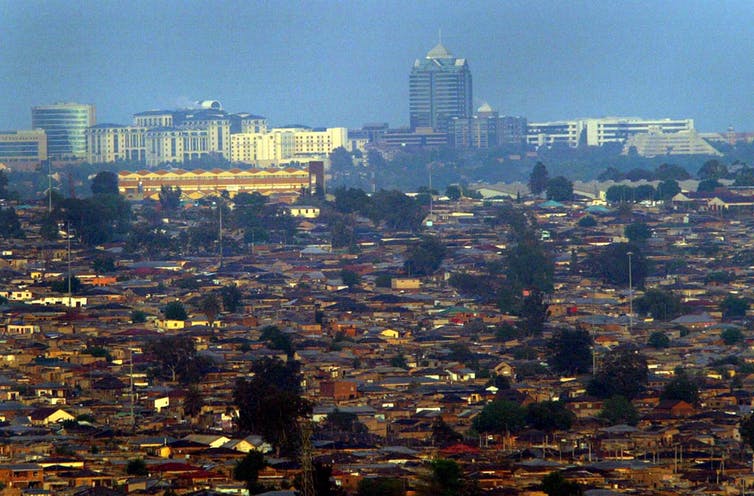'It is only when all our people have the opportunity to taste the fruits of our democracy, that we can say South Africa truly belongs to all.'

Various South African political parties have reflected on the state of the nation as the country celebrated Reconciliation Day on Monday.
DA leader John Steenhuisen said many in South Africa still benefit from “keeping us mistrustful of one another”.
“There are many for whom conflict, blame and resentment are powerful weapons with which to cling to power, and these people will continue to drive wedges between us. But that can’t be the future of our country.”
He said that while challenges were daunting, they were not insurmountable.
He said South Africa needed a new kind of coalition that “truly has the interests of ordinary South Africans at heart”.
“Some will point to the collapse of the coalitions and voting agreements in certain metros as proof that coalitions do not work in South Africa. But that is simply not true. Coalitions do work, as long as the partners stand in agreement on the core objectives and principles.”
He said that in Johannesburg and Tshwane, there were forces of corruption and patronage who would “do anything to undermine clean, accountable governance”.
“We all learnt some tough yet valuable lessons about partnerships that don’t share the same intentions.”
Congress of the People spokesperson Dennis Bloem said there was “very little that the country can celebrate on this Reconciliation Day”.
“The dream of the forefathers of liberation is shattered by a visible increase in racism. Instead of uniting the people of the country, the governing party is in the forefront of fueling this toxic situation.”
He said the gap between the rich and the poor has become wider.
“The rich have become richer and poor have become poorer. We can see that poverty has worsened. More people are unemployed, healthcare has deteriorated, and informal settlements have increased. It is very difficult for us to celebrate, because one cannot celebrate hardship.”
ANC spokesperson Pule Mabe highlighted that the majority party military wing, Umkhonto we Sizwe, waged a “brave and relentless struggle over many decades for the liberation of South Africa as well as for peace, justice and reconciliation among its people”.
“As we celebrate this important day, we also commemorate the passing of the first Commander-in-Chief of Umkhonto we Sizwe and a passionate advocate of reconciliation, Comrade Nelson Mandela whose brave heart ceased to beat on the December 5, 2013.”
He said that the ruling party aimed to promote reconciliation and that without justice and economic freedom, “we are unlikely to achieve sustainable reconciliation and lasting national unity”.
“In this regard, the ANC urges all South Africans to work unceasingly to achieve radical economic transformation and expropriation of land without compensation.”
Mabe said all forms of discrimination had to be eradicated and added that national reconciliation should seek to improve the “economic situation of the majority of all South Africans”.
“True reconciliation requires an acknowledgement of the historical injustices of the past. We reiterate that, as a nation, we need to heal the economic wounds in our society as an integral part of healing the social, cultural and psychological wounds inflicted on our people.”
He said gender-based violence had to be fought.
“This scourge makes women to live in fear and thus unable to become full and productive citizens that must contribute towards building a new and prosperous nation. It is only when all our people have the opportunity to taste the fruits of our democracy, that we can say South Africa truly belongs to all.”
The Inkatha Freedom Party (IFP) said in a statement on Reconciliation Day that it has sent a delegation to Taiwan, a country the party believes has a lot to offer “as we strive to overcome the legacy of past exclusion and forge ahead towards the creation of our own developmental State ‘success story'”.
“Although South Africa has come a long way since the advent of democracy, our transition remains incomplete and this is where we can learn a great deal from countries with stable democratic governance and strong economic growth, such as in Taiwan,” member of parliament Narend Singh said.
For more news your way, download The Citizen’s app for iOS and Android.






